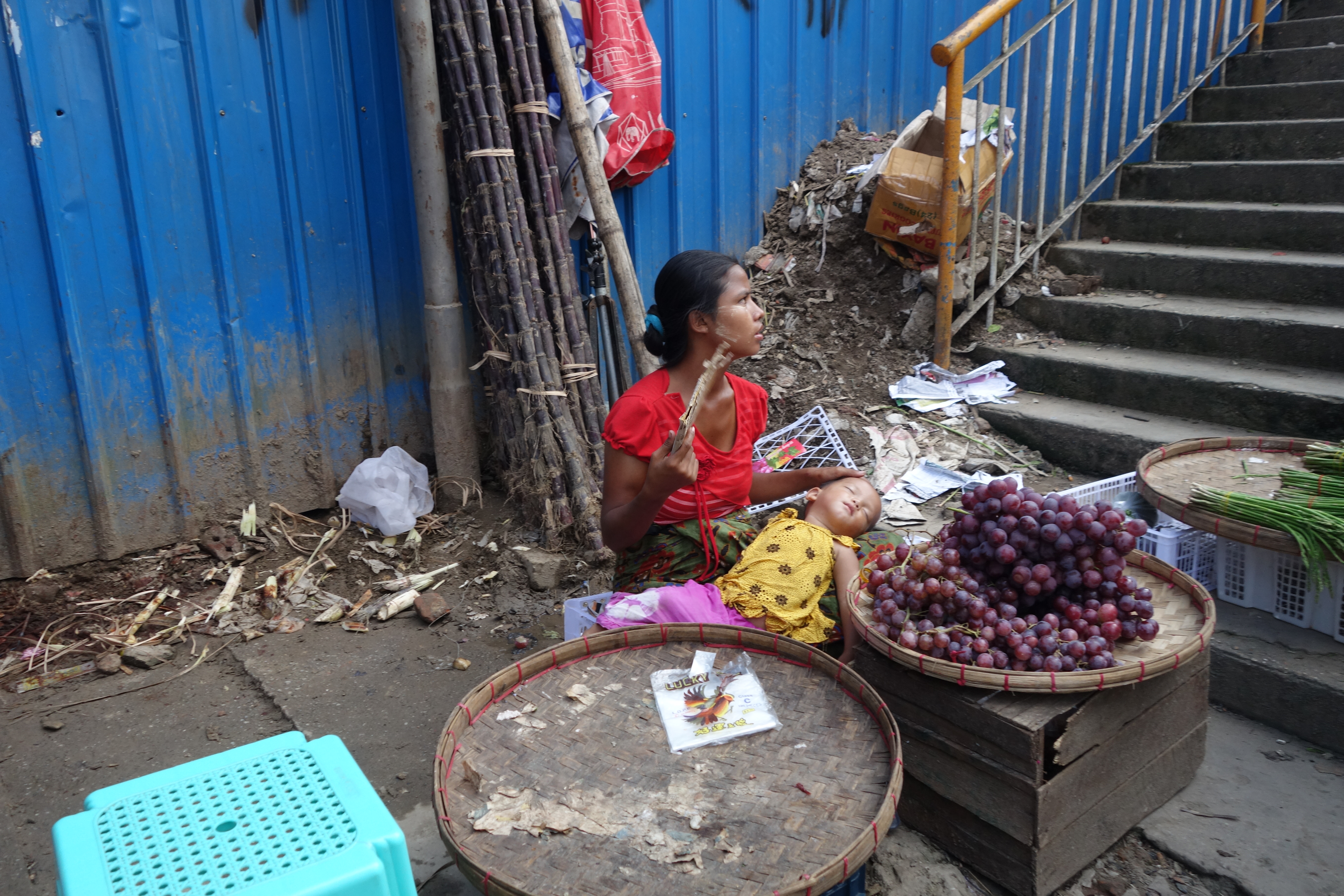I often get emails from my blog readers who ask specific questions about traveling from babies, which I love. It’s nice feeling helpful! Once in a while I’ll post a blog highlighting a question and answer that I think is worthwhile to share with others.
Question (edited for brevity):
I am planning on making a trip to Japan and Cambodia in May around 25 weeks with my first baby. I am not worried about the travel part but the food borne illness I could get in Cambodia. I know we need to drink bottled water and be careful with what to eat but is there more I can do in terms of drugs that prevent worms/parasites? Also, is there a medicine that’s safe for the baby if I do need to take de-worming medicine?
Answer:
Keeping your biggest treasure safe is of the utmost importance while enjoying your last hoorah of travel without a third wheel.
First, and most importantly, I am not a health practitioner, so what I write below is merely based on my own experience traveling while pregnant. If you are traveling internationally while pregnant, especially to a developing country, please discuss your travel plans with your midwife or doctor, in addition to visiting a travel clinic. A travel clinic can provide you with specific information on safe vaccines and medicines for you to take while pregnant, discuss risks of possible illnesses for you and baby, and can also prescribe safe medicines to take in case you do fall ill while traveling.
Second, check out the CDC website for health and safety precautions specific to your destination country. You can also check out recommended vaccinations and medications such as anti-malarial medications, all of which are classified as either safe or unsafe for pregnant and/or lactating mothers. If you do find yourself ill enough to seek medical help overseas, and if you are prescribed any medications by a doctor, please check back with the CDC and your regular health care provider or travel clinic to make sure that whatever you were prescribed is indeed safe for baby. I have been prescribed medicines not classified safe for pregnancy or for lactating mothers on several occasions by doctors overseas, so I always double-check.
Now, based on my own experience, you can take precautions with food to try to minimize exposure to food-borne illness. Avoid eating raw or under-cooked foods. For example, don’t eat cut pineapple you buy from the street, and make sure any fruits that you eat you buy fresh before they are cut, and select ones with peels and skins that you will remove. Pass on the steak tartar. Avoid eating street food, as yummy as it can be. If you are able to prepare your own meals, try to do so. When ordering out choose hot, freshly cooked meals. Of course, as you know, you can still get sick with things like worms and parasites even if you take precautions.
If you do take precautions and get a nasty parasite or worm leaving you toilet-bound, there is a chance that you might not be able to treat it with medicine while pregnant, and might have to -painfully- wait it out. From what I was told by several doctors when I had girardia while pregnant in my second trimester, the parasite itself and the diarrhea will not harm the baby. What can be harmful to the baby, though, is the dehydration. Dehydration can affect your amniotic fluid levels which your baby depends on to thrive and stay healthy. I was prescribed oral re-hydration packets to take to get me through the worst of the girardia. Water is always your friend while traveling, especially while pregnant and sick- chug it, chug it, chug it.
Enjoy your travels, stay healthy, safe, and hydrated!
Related Pages:

2 thoughts on “Q&A: Food-borne Illness During Pregnancy”